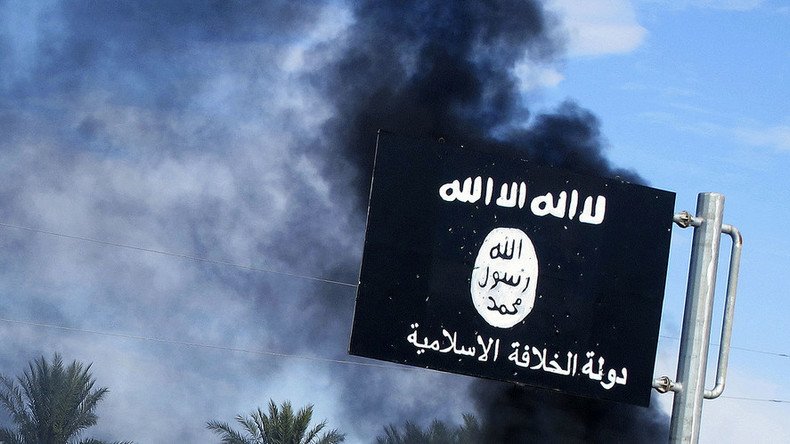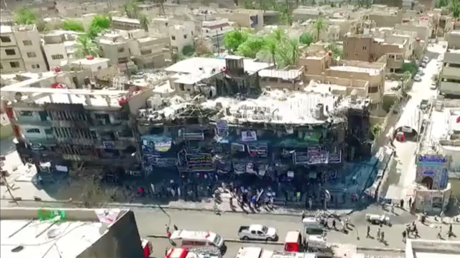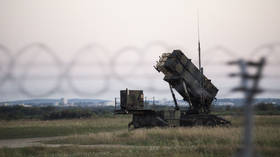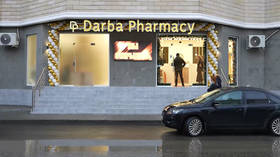ISIS loses 25% of ground in 18 months, could step up civilian attacks - report

Numerous defeats on the battlefield mean Islamic State has lost a quarter of its territory in Iraq and Syria over the last 18 months. However, a leading research firm believes this could be bad news as the terror group may step up attacks on civilian targets.
In January 2015, Islamic State (IS, formerly ISIS/ISIL) controlled an area totaling 90,800 sq km, which is slightly smaller than Portugal. However,18 months later, it has now shrunk by some 22,000 sq km, according to research firm IHS.
Terrorism: IS lost quarter of its Iraq, Syria territory in 18 months @IHS@Reutershttps://t.co/NkfnqgBL4V? pic.twitter.com/Zbkszadq8e
— MESP (@mestrate) July 10, 2016
Despite the success of the Russian, Kurdish and US-led coalition forces in stopping the terrorist organization from seizing any new territory, Columb Strack, a senior analyst at IHS and lead analyst for the IHS Conflict Monitor, says as “its governance project is failing,” it is likely that the group is “re-prioritizing insurgency,” which is bad news for civilian populations.
"As a result, we unfortunately expect an increase in mass casualty attacks and sabotage of economic infrastructure, across Iraq and Syria, and further afield, including Europe,” he said, as cited by Reuters.
The Iraqi government recently retook control of the Iraqi city of Falluja, which is not far from Baghdad. Over the last month, the Iraqi capital has been subject to some of the worst attacks from the terrorist groups.
IS claimed responsibility for a refrigerator truck bomb in a Shiite district in the city which killed over 200 people on July 2. The holy month of Ramadan meant the street where the blast took place was busy with residents breaking their fast after nightfall, with many also gathered to watch the Euro 2016 football championship on public TV screens, and shop ahead of next week’s Eid festival.
IS suffered a large defeat in late March when the Syrian Army, aided by Russian air power, recaptured the city of Palmyra from the jihadist terror group, who had been in control of the area since May 2015.
In April, NATO and EU security chiefs said IS wanted to reate chemical or nuclear weapons to attack Britain during a Security and Counter Terror conference.
Jorge Berto Silva, the European Commission’s deputy chief of counter-terrorism, told the Telegraph that “with CBRN [chemical, biological, radioactive and nuclear materials], there is a justified concern.”
His view was shared by Dr Jamie Shea, NATO’s deputy head of emerging threats, who told the conference “we know terrorists are trying to acquire these substances.”
‘Probably chlorine’: ISIS used chemical mortar shells against Kurdish troops in Iraqhttps://t.co/e2MrEcWMSspic.twitter.com/GgtNk7GpvJ
— RT (@RT_com) February 19, 2016
Shea also warned the Islamist group may be splitting into two with a Syria and Iraq-based ‘state’ and a network of terror cells in Europe.
A Kurdish military source, as cited by Iranian media, said IS could carry out chemical weapons attacks in any part of the world.
"ISIL has equipped its terrorists with chemical bombs to use them in a suicide attack in Iraq, Syria or any other country," General Akram Mohammad Abdulrahman said. Claiming that "scores of youngsters" have been instructed to be part of such attacks, he added that "both explosive and chemical material" might be "simultaneously" used by the terrorists.













